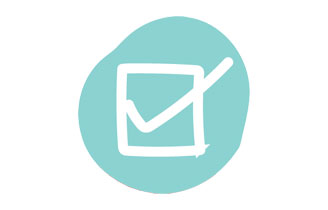Treating Grade 3 Astrocytomas
As these grade 3 astrocytomas are faster growing and more aggressive, the usual course of treatment is surgery followed by radiotherapy and sometimes chemotherapy.
This page is about treating grade 3 astrocytomas. We also have information on:
- treating grade 1 astrocytomas
- treating grade 2 astrocytomas
- treating grade 4 astrocytomas (glioblastomas)
Radiotherapy
If you are relatively fit, a long course of radiotherapy over several weeks may by suggested. If not, a shorter course may be more suitable. Radiotherapy is very rarely used in children under three years old.
Chemotherapy
Where chemotherapy is suggested, chemotherapy drugs are sometimes put inside a polymer wafer and inserted into the brain during surgery. The polymer gradually dissolves over 2-3 weeks, releasing the chemotherapy drug (usually carmustine) directly into the brain. Wafers are used to target cells which couldn’t be removed by surgery. You may also hear these implants referred to as Gliadel® wafers.
Your oncologist may also recommend a drug called temozolomide (Temadol®). Both carmustine and temozolomide stop the tumour cells copying their DNA (genes), which needs to happen before the cells can divide. This in turn stops the tumour cells dividing.
Support and Information Services
Research & Clinical Trials Information
You can also join our active online community.
In this section

Get support
If you need someone to talk to or advice on where to get help, our Support and Information team is available by phone, email or live-chat.
Recommended reading

Alfie’s story
Three years ago, Alfie had a grade 1 astrocytoma completely removed. Now he shares his experiences with fatigue and how he manages day to day.
Share your experiences and help create change
By taking part in our Improving Brain Tumour Care surveys and sharing your experiences, you can help us improve treatment and care for everyone affected by a brain tumour.

